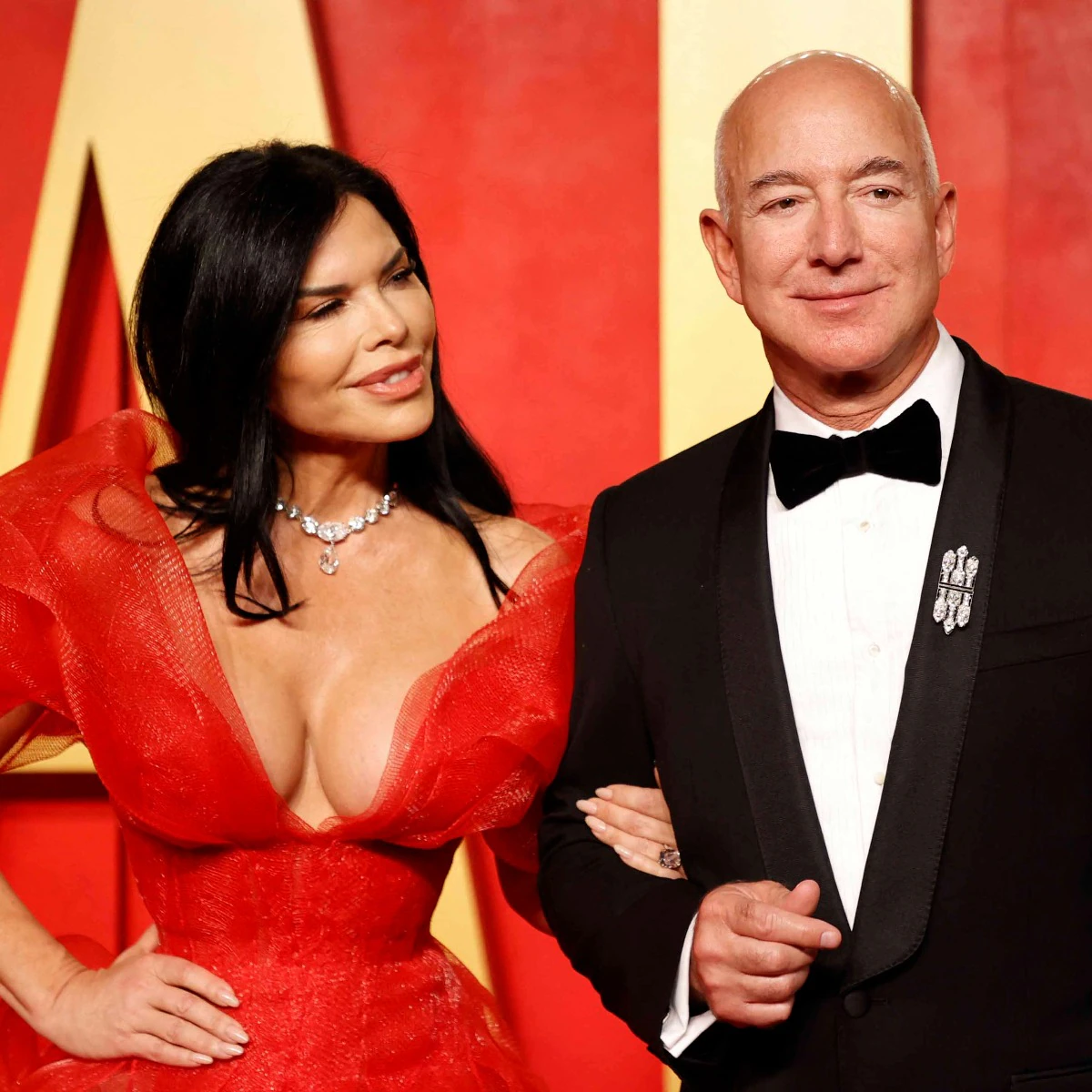Bezos Rejects Scandal Over Washington Post Coverage of Kamala Harris
Billionaire Amazon founder and owner of the Washington Post, Jeff Bezos, dismissed any wrongdoing or quid pro quo deals after his newspaper seemingly slighted the United States Vice President, Kamala Harris. A scandal that suggests editorial bias over coverage of Harris in Post has been criticized for being meager during a series of recent high-profile appearances.
Bezos called the accusations “baseless,” and he also said that The New York Times had editorial independence.
Second-Level Coverage Draws Little Attention
The furor started when The Washington Post undercovered Harris recent speeches and public appearance embarrassingly. Political pundits assailed the coverage and contrasted it with the main media outlets covering Harris’s latest initiatives, which centered on climate policy and economic recovery.
A case of selective reporting led the press to accuse the newspaper of willfully sabotaging Harris, with some saying the newspaper had ulterior motives.
“This is not a missed story, it’s deliberate,” says one media analyst, citing the growing visibility of Harris in the last few months ahead of the 2024 U.S. elections.
Bezos Fires Back: ‘Editorial Independence is Sacred’
As protests grew over the deal, Bezos publicly denied any backroom influence over editorial decisions at the Post. “There is no quid pro quo at work here,” Bezos said in a brief statement. “I respect the Washington Post’s independence and its commitment to reporting without bias.”.
Though Bezos has faced charges similar to these before, he claims he doesn’t play a direct role in deciding the paper’s editorial agenda. Critics believe this perception is as damaging, even if Bezos does not act actively.
Democratic insiders have also criticized the lack of coverage. Some have attacked the Washington Post for trying to subtly distance itself from Harris, who has faced public perception and approval rating scrutiny from within her own party.
Political analysts say that in the lead-up to the 2024 election, media narratives are important, and the perceived snub could have real implications for Harris’s public image.
“Media coverage shapes public opinion,” one analyst explained. “Even the absence of coverage sends a message.”
Harris supporters say it’s simply a reflection of systemic bias in the media against women and minorities in power positions. Others say it is simply a reflection of her inability to connect with the voters.
Washington Post Defends Its Coverage
The Washington Post sent out a rebuttal, stating that it covers stories based on newsworthiness, rather than political favoritism. “We report on stories that resonate with our readers,” a Post editor said. “There is no agenda, hidden or otherwise, behind our editorial choices.”
Many are still skeptical, believing the decision not to cover Harris more prominently reflects underlying biases within mainstream media.
Controversy Lingers Despite Denials
While Bezos’ denial may assuage some of the concerns, the controversy surrounding the way Kamala Harris was treated by the Washington Post brings into sharp focus the delicate relationship between media ownership and editorial independence. Even when Bezos insists that there is no quid pro quo, the incident underscores the power of perception in shaping media narratives.
For now, it is too early to say whether the Post’s coverage of Harris in the future will change in light of the criticism or will stay firm to its editorial stance in spite of public opinion.
